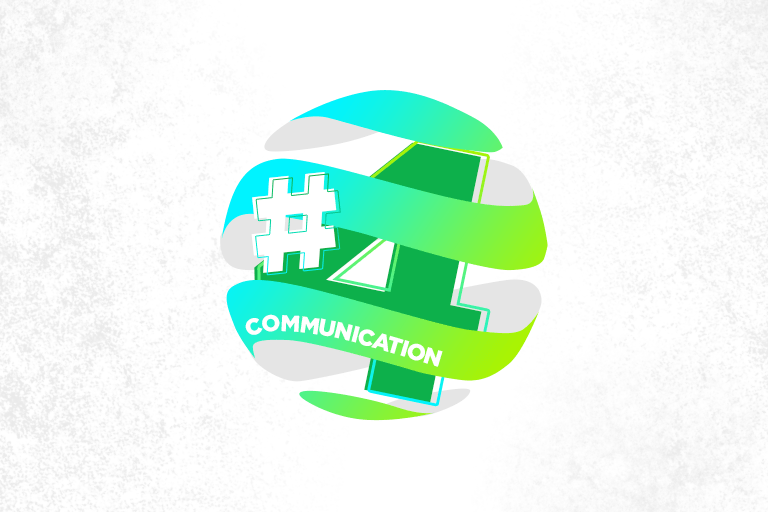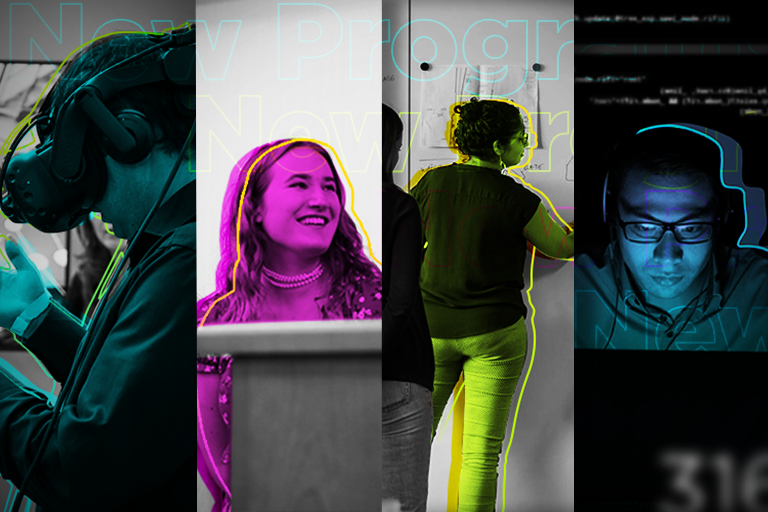The Bachelor of Arts in Communication Leadership and Strategy program will provide students with a foundational base of knowledge and abilities that go far beyond tactical communication tasks and responsibilities. The program of study will equip students with the skills necessary to conduct rapid evaluations of issues and organizational communication challenges, analyze the demographics of target audiences, craft messages that are rooted in communication theory, and assess the effectiveness of strategic communication efforts. More importantly, the program will give students the ability to develop, execute, and evaluate long-range communication strategy for the organizations they serve and the causes they support.
These skills are all cultivated to prepare graduates to take on advanced roles in communication and respond to the needs of a wide range of employers seeking visionary leadership in strategic communication.







